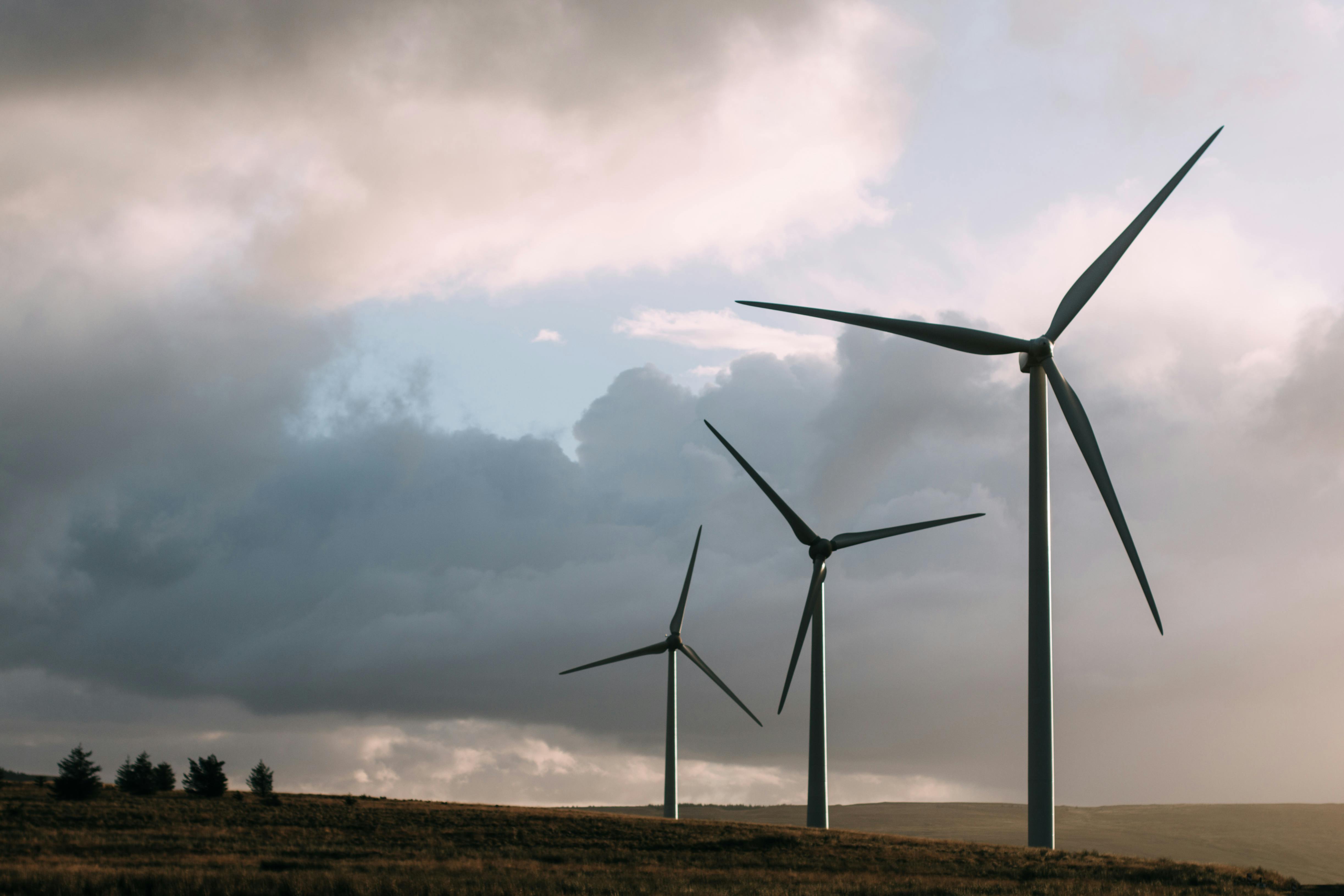Oracle Share Price Analysis: Bearish Phase, Valuation Signals and Bullish Reversal Outlook
$154.97
04 Feb 2026, 11:45

Pexels.com

Renewable energy shares have slumped as fears grow over President-elect Donald Trump’s stance on clean energy subsidies and tax incentives.
Hedge funds betting against renewable energy stocks have reaped profits of more than $1.2 billion amid a substantial sell-off in the sector, following Donald Trump's US presidential election victory. Notable firms, including Arrowstreet Capital and Qube Research & Technologies, strategically built short positions against companies like Norwegian hydrogen producer Nel and German wind turbine manufacturer Nordex, as per data from Breakout Point. Shares in these firms plummeted on Wednesday over concerns that Trump may roll back President Joe Biden's Inflation Reduction Act, potentially halting tax credits and cutting back on offshore wind developments.
Big Winners Among Short Sellers
Among the most affected were US-based hydrogen company Plug Power and solar power developer Sunrun. Both stocks, which have been heavily targeted by short sellers, dropped by 22% and 30%, respectively. Together, these two US stocks delivered around $350 million in profits for short sellers, according to figures from data group S3 Partners. In Europe, shares of Ørsted, the world’s largest offshore wind farm developer, declined by nearly 13%, while Nordex lost close to 8%. Altogether, hedge funds have reportedly made over $1.2 billion from betting against 20 of the top renewable energy stocks in the US and Europe, based on S3's analysis.
Renewable Energy: A Magnet for Short Sellers
The renewable sector has become a common target for short sellers, especially as high inflation and interest rates have weighed down on companies that saw soaring valuations in the early pandemic days. This year, worries over a potential Trump return to power have only heightened these concerns. Deepa Venkateswaran, head of utilities and clean energy research at Bernstein, remarked on the market’s nervousness: “There’s been a lot of unease around the US election results, and we won’t fully understand policy impacts for some months.”
Trump’s Potential Policies Spark Uncertainty
Trump has promised to end offshore wind projects in the US on his first day in office and to roll back subsidies introduced under Biden’s Inflation Reduction Act. Investors are becoming increasingly wary, with many losing patience with renewables as shares struggle to deliver stable returns. “Renewables have faced issues for some time,” said Eirik Hogner, deputy portfolio manager at Clean Energy Transition, a hedge fund spun off from Lansdowne Partners. He noted that on Wednesday, “the whole renewable sector experienced a sharp drop.” Hogner declined to confirm whether his fund benefitted from the market downturn.
Renewable Executives Respond
Renewable energy leaders, including those from Ørsted and wind turbine manufacturer Vestas, aimed to counter the negativity during their quarterly results on Tuesday. They emphasised the importance of renewables in creating jobs across Republican-leaning US states. Henrik Andersen, CEO of Vestas, urged caution, suggesting that statements made during the election season might not translate into actual policies. “Political statements are sometimes just that—political. We’ll have to see what really happens,” Andersen said. Andersen purchased 10,000 shares in Vestas on Thursday, as recorded in public filings.
Mixed Opinions on Renewable Sector Prospects
While some analysts see reasons for optimism—pointing to the renewables sector’s growth during Trump’s first term—others warn that any partial repeal of the Inflation Reduction Act could slow progress considerably. Michelle Davis, head of global solar power research at Wood Mackenzie, expects that “significant modifications” to the act might lead to a reduction in new renewable energy capacity by up to a third over the next decade in a worst-case scenario. Analysts at RBC similarly cautioned that future offshore wind projects could face hurdles if federal agencies slow down the permitting process.
Source: (FT.com)